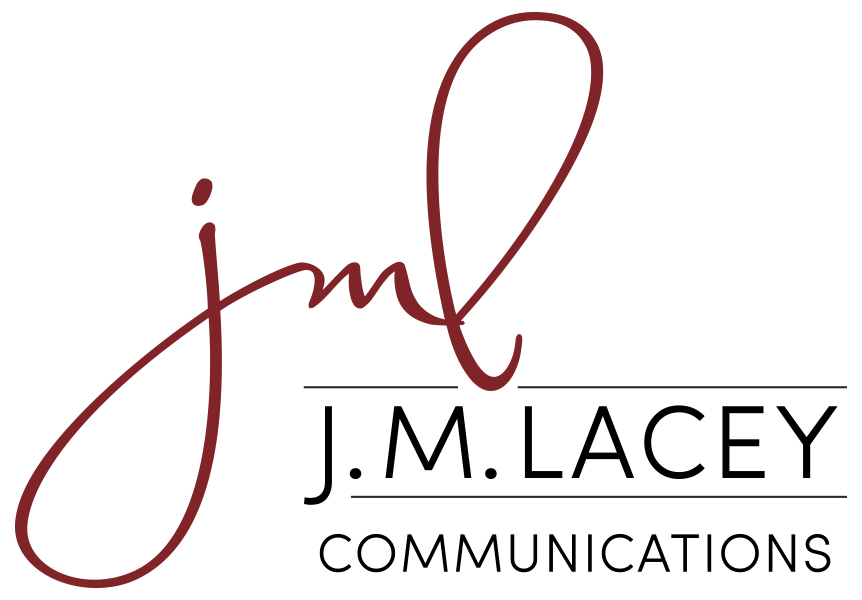Writers must perfect their skills
It isn’t a secret that since ChatGPT hit the market in November 2022 (OpenAI was founded earlier, but later released ChatGPT) what has followed are a string of lawsuits against OpenAI, Meta and Microsoft for copyright infringement, particularly from well-known authors such as John Grisham, David Baldacci, Jodi Picoult, Jonathan Franzen, Stephen King, Margaret Atwood, and others.
In a nutshell, millions of copyrighted books, articles, essays, and poetry were fed into generative AI technologies, without consent or compensation.
Reuters reported in November 2023 that “OpenAI copied tens of thousands of nonfiction books without permission to teach its large language models to respond to human text prompts.” OpenAI, Microsoft, and other tech companies involved, deny the allegations. An attorney for author Julian Sancton said: “The basis of OpenAI is nothing less than the rampant theft of copyrighted works.”
In February 2023, NPR reported the science fiction and fantasy magazine, Clarkesworld, shut down submissions “after it was bombarded with what it says were AI-generated stories.” They “had received 700 legitimate submissions and 500 machine-written ones.”
The Authors Guild, an organization that protects the rights of writers, is a forceful proponent behind creating change and protection in this field. They continue to advocate for writers and report on developments and advocacy efforts in this arena, including a piece on The New York Times’ lawsuit for copyright infringement.
Both writers and business owners must take note of this advanced technology to remain viable and authentic. With the rise in popularity of ChatGPT and other similar tools, ignoring the ethical balance could damage the reputations of writers and businesses. Not to mention, open the door for a string of lawsuits.
But is AI something we can ignore and cast off, or should we embrace it? What are the pros and cons of this rapidly changing technology?
Writers need to be reliably sublime
While there is not one supreme writer in the world, there are many legitimate, incredible and skilled writers. A genuine writer spends years honing his craft. A genuine writer never sits back and thinks: “That is an amazing piece. I don’t need to train anymore.” Quite the opposite. A genuine writer holds his head in his hands and laments: “This is drivel. How can I make this better?”
As writers, we continue to strive for near perfection, which, unfortunately, we never realize as we cannot produce the impossible. But we still make the effort.
The magazines and other media, to avoid the influx of copyrighted materials, choose to work with writers they already know and with whom they have established relationships. People they already trust. Writers who are reliably outstanding writers.
Clients and others are willing to work with writers they know and like. Therefore, while we need to work on our craft and seek ways to make our words sing to the masses, we need especially to pour our efforts into strengthening something that cannot be copied: the way we do business. (More on that in a future article)
Your ethics come into play. As a business owner, writer and author, how important is your reputation to you? If you damage your reputation, you equally damage your clients’ reputation. At best, you lose the client. At worst, you become embroiled in a lawsuit. Either way, your character is sunk.
As we’ve seen over the last year, writers can be replaced. But what exactly is replacing them? Writing pulled from technology, particularly ChatGPT and other chatbots. And frankly, it’s been noted that the writing isn’t even good, and it’s slanted and biased since humans design computer software.
As writers, we must make sure our pressure to meet deadlines does not overshadow quality work. Quality and authenticity are what is going to save our client base.
Not to mention computers have no concept of feeling. They are incapable of this human emotion. Therefore, humans have the advantage since they can relate to other humans. Emotions influence engagement.
Companies and the massive copyrighting lawsuits they might face
As we’ve seen, particularly with The New York Times lawsuit, companies are facing litigations for infringement, and as long as they continue to use copyrighted material, their legal departments will remain busy.
Since OpenAI and ChatGPT are the shiny objects in the room, it isn’t surprising that companies, both commercial and not-for-profit, are caught in the wind of excitement to try experimenting with a deceptively cheaper option.
As with most tools, each has its place, and technology can be a source for positive things, such as research. But there will always remain someone (or many) who chooses to use brilliant tools as a source for nefarious means.
Whether you, as the business, create your content in-house, or you use an outside writer, your reputation is at stake if the content infringes upon copyright. You are left holding the loot.
What can companies do to protect themselves?
First, know your writer. What sources does he use for information? How is the writing quality? Does your writer use chatbot tools? If you write in-house, do you know the original sources of your information?
Second, copied material will work against your branding efforts to build trust. You need to be authentic. Telling someone else’s brand story by erroneously twisting it into your own will harm your reputation overall.
Third, personality is key to building trust. Whether a writer or a business, your personality cannot be copied. And it’s the personality that draws your audience. Using others’ writing through ChatGPT means you are creating a fake persona. And your audience will see through that window.
Remaining authentic in the technology age
Humans seek authenticity more than ever because we live in an age where technology is blurring the lines of genuine and fake.
Companies can partner with skilled writers who they know will deliver original work. Just as you would never trust a message sent by anyone behind a social media persona if you’ve never met them, trusting technology to deliver legitimate writing is a potentially damaging and expensive route to take.
We cannot fight a rapidly changing technological landscape. And we are pitted against unconscionable “writers” who use cheating to get ahead.
As writers, we continue to hone our skills, our voice, and our work ethic to stand above the conglomerate of mediocre and imposter writers.
As companies, to stand out for our uniqueness, we avoid copying other companies or our competitors. This includes refraining from taking others’ stories and styles and claiming them as our own.
Since the advent of technology, companies have made wise use of many time-saving tools. And writers use software tools to improve their grammar and writing skills, not to mention ditching the typewriter when the personal computer hit the market. There is nothing wrong with taking advantage of options made available to us.
What we must do as business owners is hold ourselves accountable for the decisions we make, particularly with technology. We choose not to follow the masses, but methodically make decisions that work for our business. And we are careful not to violate others’ rights to advance our interests.
In the end, we should focus on building a stellar reputation. What does your reputation say to the world?
Writers who desire continued work will need to hone their writing skills and improve their professionalism. Clients work with writers they trust. And companies who desire to build their reputation and trust among their audience need to tell authentic brand stories. They do this by avoiding content from ChatGPT and instead, work with skilled writers.
Need more ideas on how to improve your brand? My program for Storytelling and Branding helps you recognize your story and learn how to use it effectively to enhance engagement and boost sales. Get more information here and let’s schedule a call!


Recent Comments